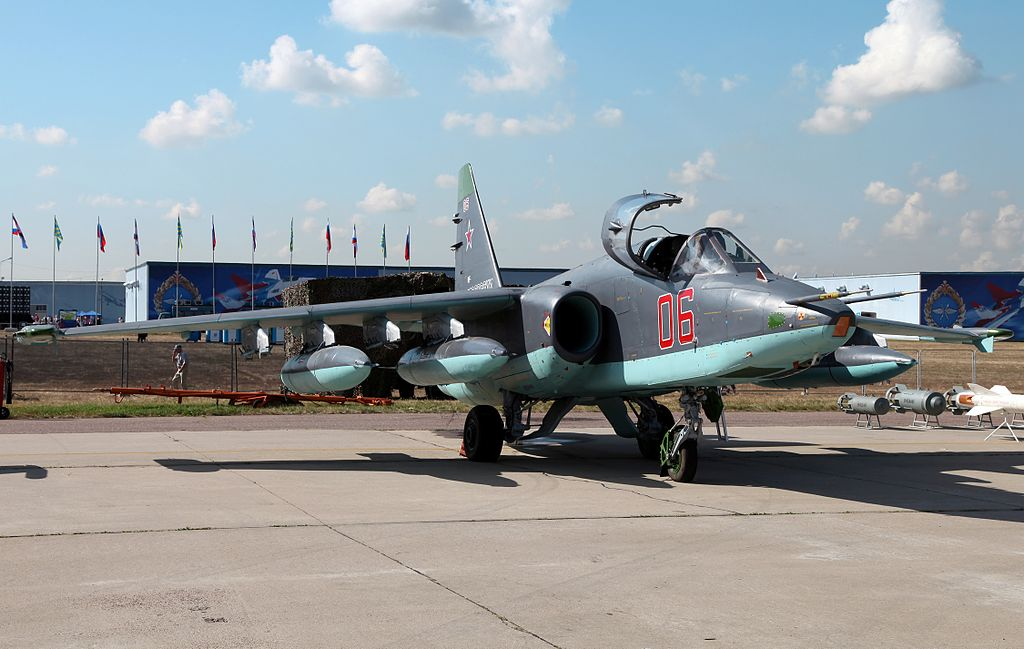Su-25BY: a tactic, not an objective
 The situation has not changed
The situation has not changed

Minsk is interested in securing a slice of the Russian defence budget. Aircraft may be the mechanism.
On February 17th, during a meeting with Vladimir Putin, Lukashenka announced his intention to begin production of Su-25 attack aircraft in Belarus (although he made a reservation when he mentioned the old MiG-25 Soviet fighters, discontinued 40 years ago).
Minsk has longstanding aviation ambitions. In 2013, there was a plan to begin production of helicopters at the Orsha Aircraft Repair Plant, at that time majority owned by the Ukrainian company MSB (“Motor Sich”). Certification of these machines was expedited, and senior officials attended demonstration flights.
Following the start of the Russian-Ukrainian war in 2014, Kyiv imposed sanctions on supplying military equipment to Russia, prompting Minsk to formulate plans to relocate Ukrainian aviation production to Belarus to serve the Russian market. In April 2014, Lukashenka declared his intention to take advantage of the situation and establish Belarusian production of helicopters and other aircraft using Ukrainian technologies.
As for resuming production of the Su-25, the last production aircraft rolled off the Russian assembly line in 1992. Upgrades have been considered but always assessed as uneconomic or impractical. A hypothetical Belarusian attack aircraft based on this design self-evidently only has commercial prospects if it is mass-produced for the Russian army.
Meanwhile, the production of combat aircraft in Russia has fallen by two-thirds since 2014. As the financial position of the Russian Federation worsens, and foreign markets remain closed to the Russian military-industrial complex due to Western sanctions, one can expect intense competition between Russian manufacturers for defence orders; there may be no place for a Belarusian manufacturer. It is unlikely that Lukashenka fails to understand this.
On the one hand, a statement regarding the production of the Su-25 in Belarus is a political gesture of support for the Kremlin and, on the other, a negotiating tactic to achieve greater participation of the Belarusian aircraft industry in the Russian market. Western sanctions have closed foreign markets to the Belarusian and Russian military-industrial complexes. These announcements are about money; planes are just an excuse.
Subscribe to our newsletter




Situation in Belarus
Constitutional referendum: main consequences


 Video
Video
How to count the political prisoners: are the new criteria needed?


 Video
Video
Paternalism In Decline, Belarusian Euroscepticism, And The Influence Of Russia


 Video
Video












